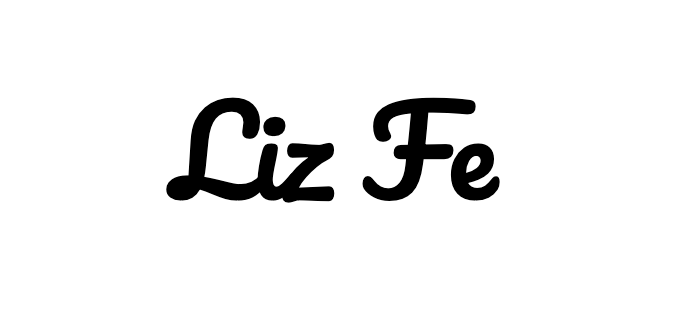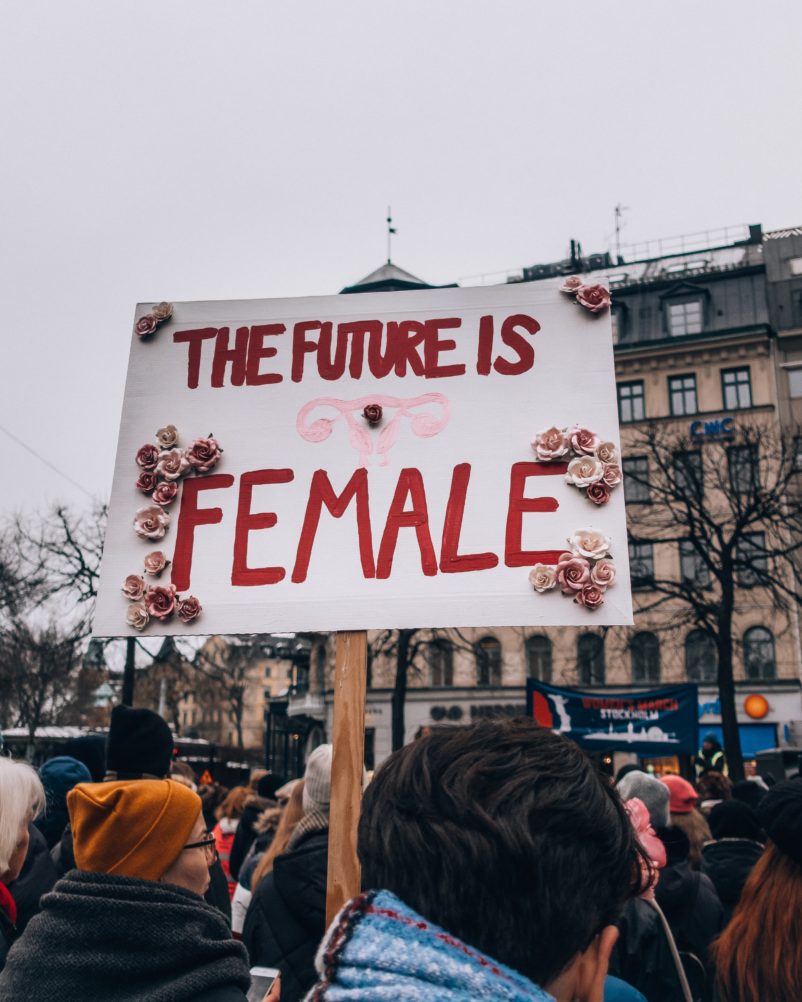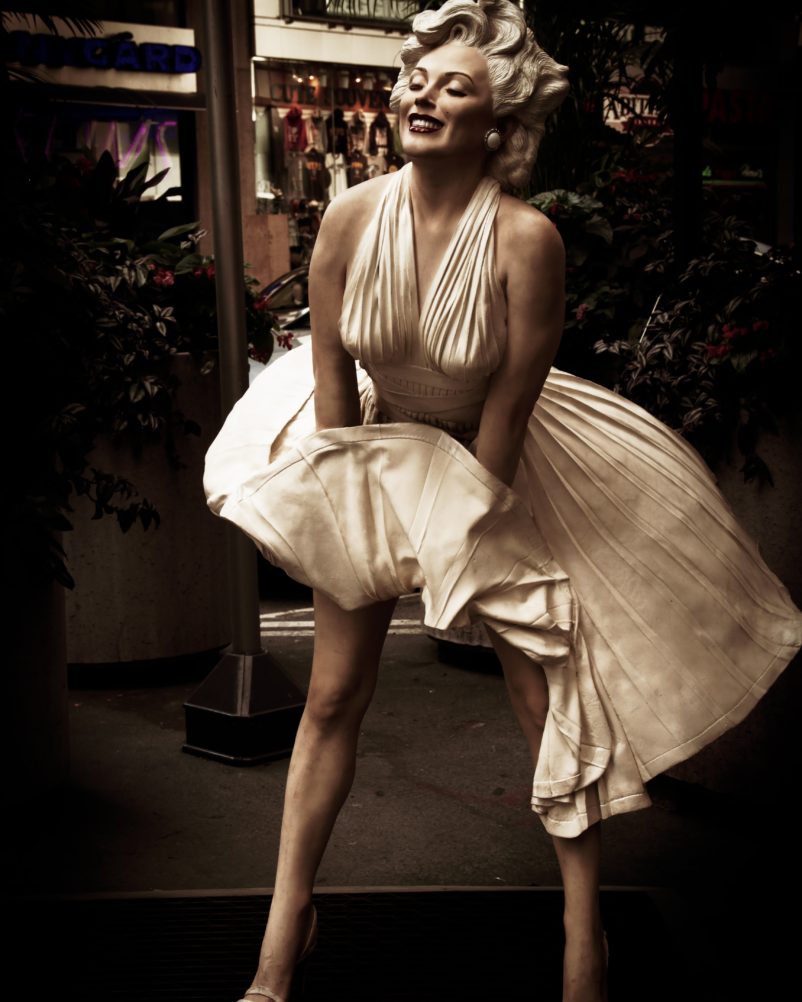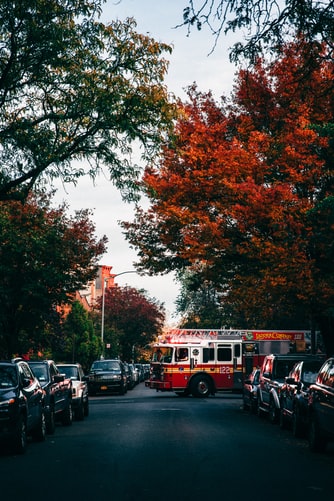
One Woman Paves the Way for Dark Skin Sun Care
Many people don’t realize the role our skin plays in protecting us every day. The cells within our skin make up one the body’s most important defense systems. It is the largest organ our body has, woven together from miles and miles of cells, comprised of three layers of flesh. Our skin protects us from diseases, regulates our body temperature, and shields our insides from the UV rays coming from the sun. In almost every aspect, it is our body’s first line of defense. For that reason, how we take care of our skin matters greatly for our health and wellbeing. And that applies to those of us with darker skin as well.
For those of us with lighter skin, the subject of skin care has professionally researched and perfected. There are thousands of options to protect and tend to our skin. It’s unfortunately part of our culture to consider a lack of melanin to be the norm. However, as we know now, not all skin functions the same way. The abundance of melanin within the body not only has a cosmetic effect on the skin, but also a functional effect, giving people of color a new skin type that they have to decode and tend to. With that in mind, it’s now obvious that there isn’t exactly a one-size-fits-all in terms of sun care.
A Well-Meaning but Dangerous Misconception
There is unfortunately a lot of misinformation surrounding dark skin, but one of the most damaging of those half-truths revolves around sun-care and sunscreen. Some people believe that people with darker skin are completely immune to the sun’s harmful UV rays. This misconception has made it’s way out of the scientific sphere and into the black community itself. This false testament about dark skin is not only untrue, but it’s also extremely harmful to the health of people of color. While the melanin in darker skin does allow it to resist burning from a day at the beach, that doesn’t necessarily reduce the risk of other adverse side effects happening within the body.
“Darker skin won’t burn as easily, but that doesn’t mean that the damaging effects of UV rays in the form of hyperpigmentation, wrinkles, and cancer aren’t occurring.”
Dr. Chaneve Jeanniton, founder of Brooklyn Face and Eye
Skin cancer is one of the most common cancers out there, but ironically, it’s also one of the most preventable. Proper skin care and sun protection is key to keeping our skin healthy, and that applies to people of color as well. For those of us with dark skin, the danger of contracting certain skin diseases caused by the sun is still very real. Health experts say that black skin is able to resist UV rays up to SPF 13, but this natural defense system is simply not enough. To be fully protected, the skin needs a sun protection factor of at least 30, meaning that naturally dark skin is still only less than half protected.
However, there is a reason why many darker skinned people are hesitant to put on sunscreen, and that’s because of the residue that is left behind. For lighter skinned people this residue normally isn’t noticeable, but for black or brown skin, it can leave a stark white contrast on the body even after it fully dries. This can make some people feel self-conscious and frustrated with the white patches now plastered onto their skin. For those with darker skin, it’s important to attend to their skin type’s needs, while also ensuring that the person doesn’t feel self-conscious about their body.
The Creation of Black Girl Sunscreen
Luckily, one woman has answered to that call with her independent company, selling sunscreen and skin care products specifically for dark skin. Black Girl Sunscreen was launched in the year 2016 by a woman named Shontay Lundy, a New York graduate and driven businesswoman. She’s also the picture of an outdoorswoman, enjoying activities like hiking, yoga, and walking on the beach. Being outside so much, she fully understands the importance of sunscreen, even for darker skinned people like herself. Part of the reason she decided to start her own company was because of the amount of misinformation surround the resilience of dark skin against UV rays.
“I named my product Black Girl Sunscreen because there are a lot of people who still think having dark skin means that you have full sun protection. While we do have more natural protection than people with lighter skin tones, we’re still at risk for burns, cosmetic sun damage and—most importantly—skin cancer.”
Shontay Lundy
While she knew the important of sunscreen for dark skin, she found herself frustrated with the white residue that came with most sunscreens. Many of the sunscreens sold in stores simply weren’t made with dark skin in mind, the white sheen becoming a necessary evil in skin protection. So rather than gritting her teeth and putting that plastering white substance on her skin, she took to making her own. The sunscreen she created at Black Girl Sunscreen not only offers protection from UV rays, but it’s also fully absorbed by the skin, meaning it leaves no white residue after it dries. It’s made with nature ingredients such as aloe and cocoa butter, and is 100% vegan and cruelty-free.
Four years after the company’s initial creation came the year of 2020 and all the struggles that came with it. The COVID-19 pandemic hasn’t been kind to the economy, but it’s been the hardest for small businesses, many of those being black-owned businesses. However, after the pandemic, Black Girl Sunscreen has been valued at $5 million. This is due to Lundy’s cooperation with a female investor, together being able to secure $1 million investment for the company. Rather than shrinking under the weight of the pandemic, the company only blossomed. As of now, Black Girl Sunscreen is the first independent black-owned brand to be sold in Target, with over 200 stores selling BGS for adults and children alike.
Shontay Lundy’s started creating her business with a goal: not only to create a sunscreen tailored towards those with darker skin, but to reeducate people of color about the natural ability their melanin has to protect the skin. While black skin might not burn easily from the sun, it is still necessary to protect it. It’s important for the black community to not only realize the importance of protecting the melanin within their skin, but also to give their options tailored to their skin type. At the end of the day, our skin is our shield and our sheen; everyone deserves to feel healthy and beautiful within it.
Want more advice on skincare? Check out articles like this one!




